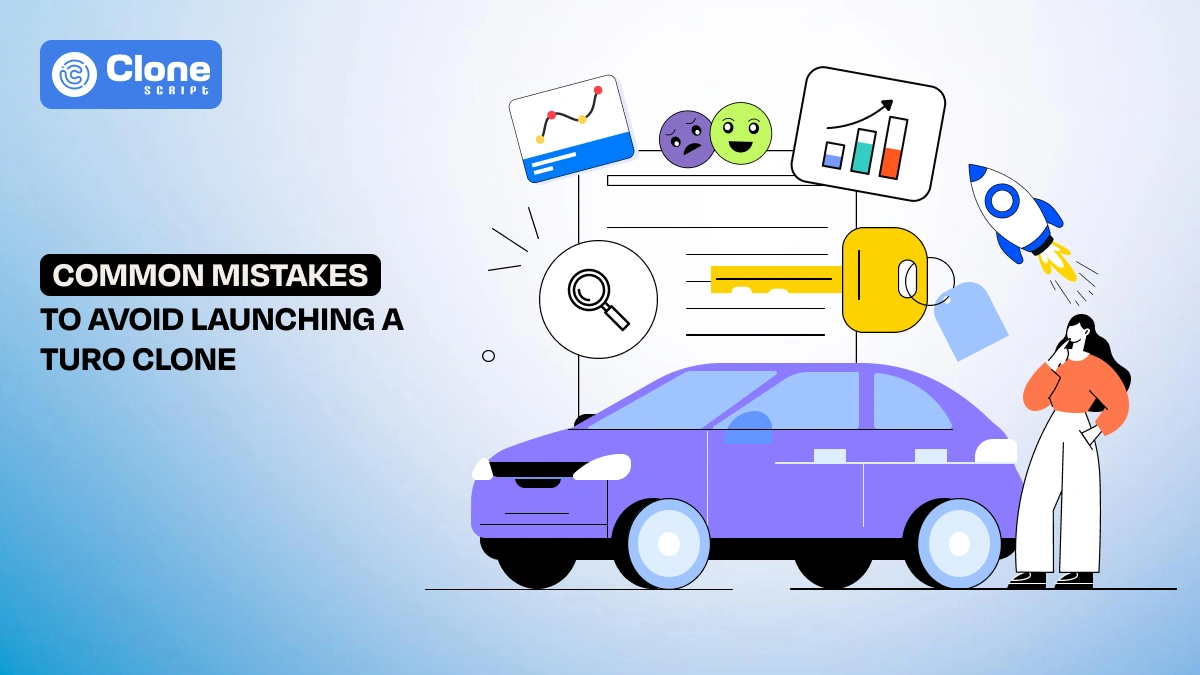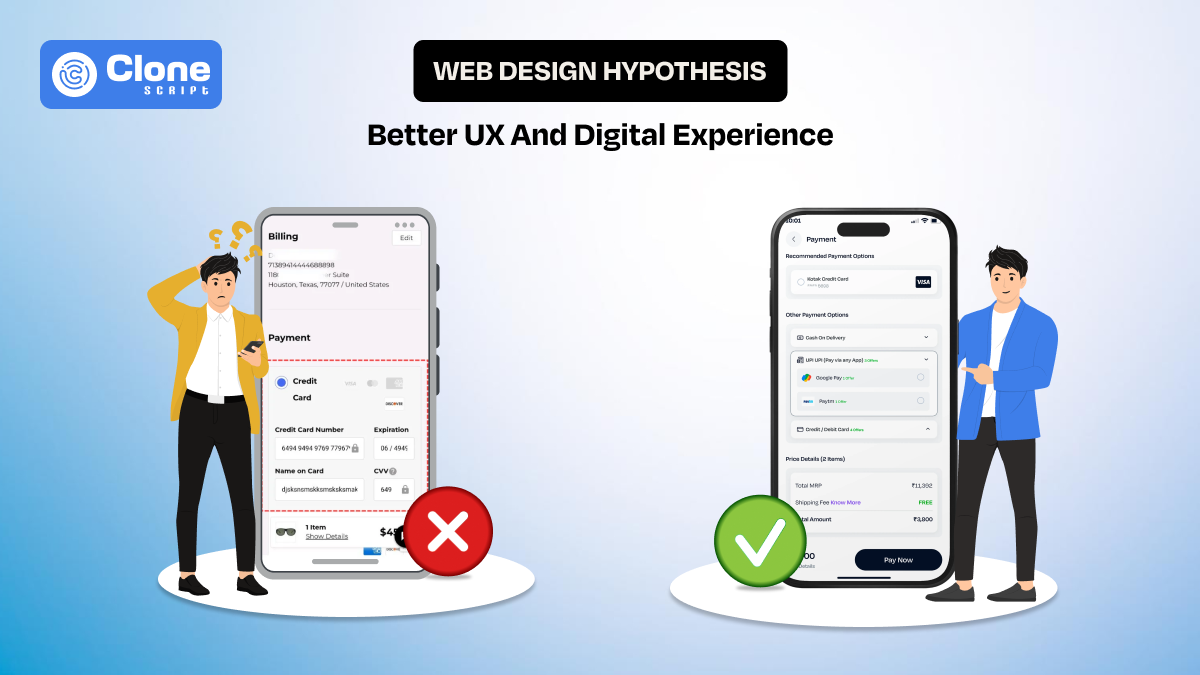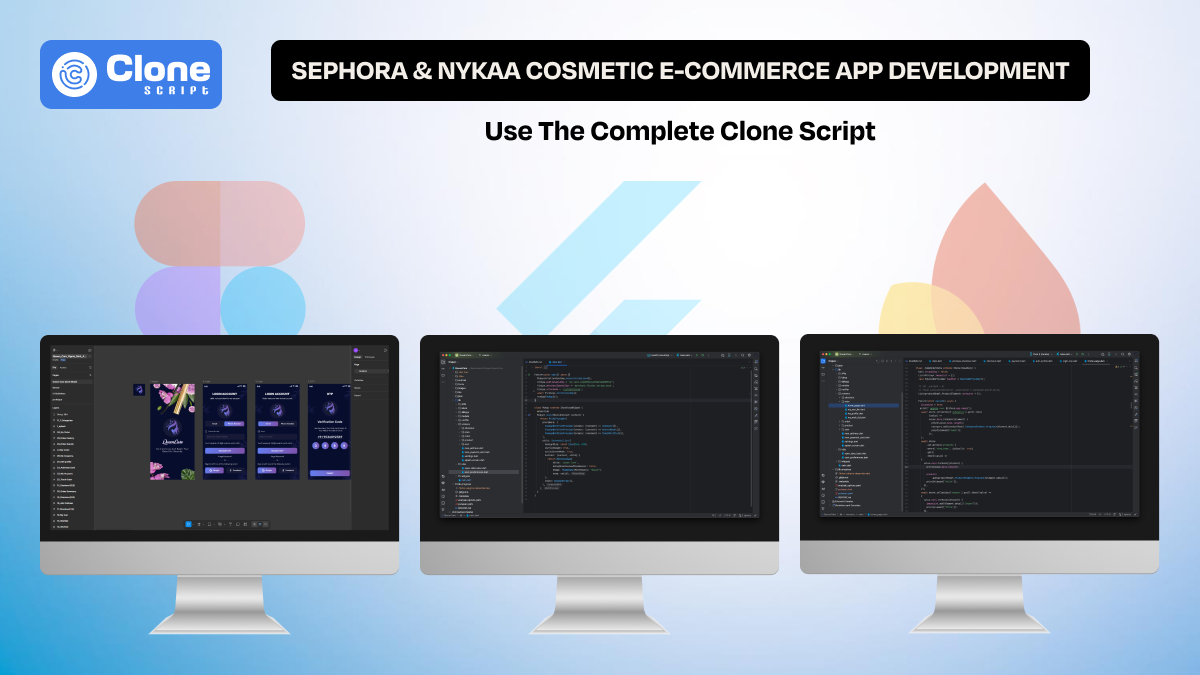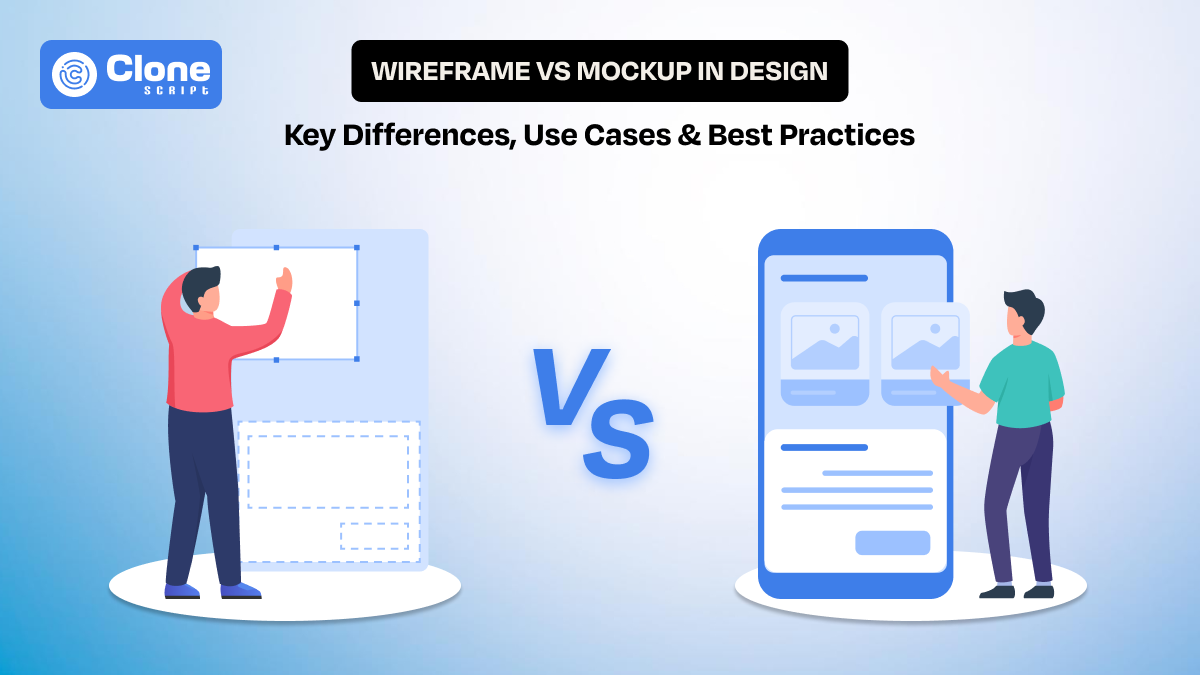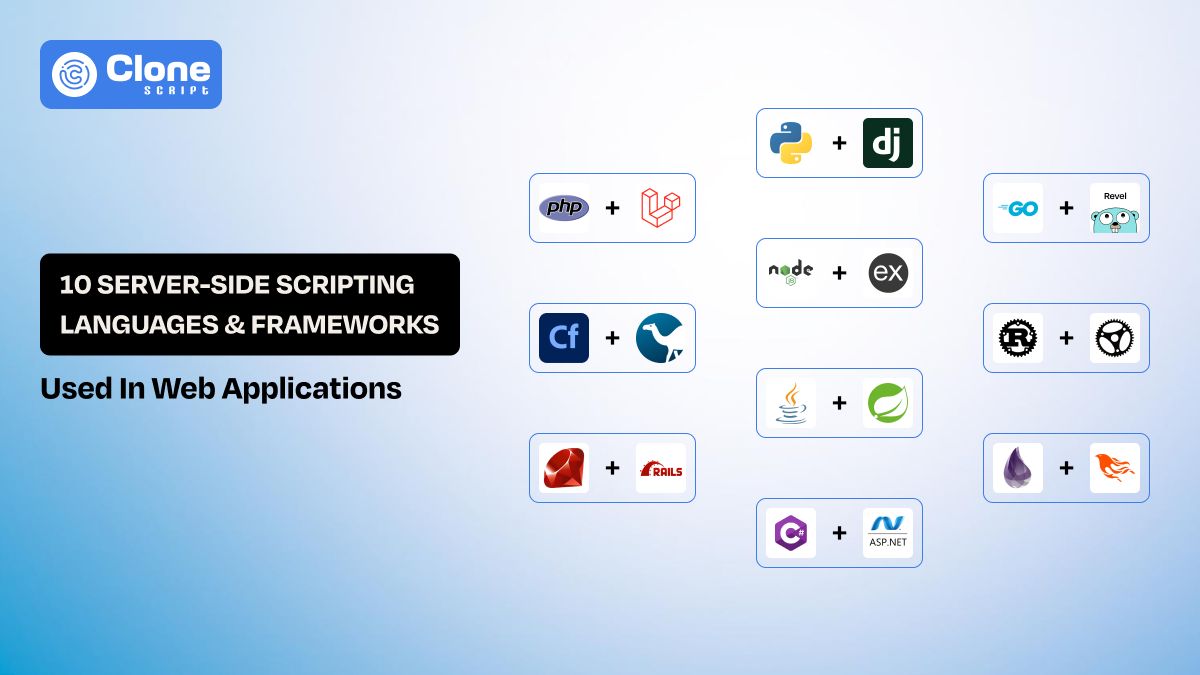8 Common Mistakes to Avoid When Launching a White-label Turo Clone
The car rental industry is experiencing a massive shift from traditional offline bookings to online bookings with a single tap. All this happened due to successful platforms like Turo that make peer-to-peer vehicle sharing seamless and accessible. Entrepreneurs are eager to capitalize on this trend and turn to white-label Turo clone solutions beyond custom development.
They believe it can quickly establish a profitable rental marketplace. However, the road to success is filled with obstacles, and many startups fail due to avoidable mistakes.
Note that simply launching a Turo clone isn't enough.
Long-term sustainability requires strategic planning, market understanding, and flawless execution. Without the right approach, even the most well-designed platform can struggle to attract users, retain hosts, and generate revenue.
In this guide, we’ll uncover the most common pitfalls businesses face when launching a white-label Turo clone. Also, we provide actionable solutions to help you confidently navigate this competitive industry.
1. Underestimating Market Research
One of the biggest reasons why rental marketplaces struggle is the lack of thorough market research. Many entrepreneurs assume that simply replicating Turo’s model will lead to success. They are unaware of the harsh reality.
-
Ignoring Local Demand & Competition:
Every market has unique dynamics. Entrepreneurs must analyze car rental demand in their target region, identify potential customer demographics, and assess whether there’s room for another rental marketplace. Neglecting this step can lead to oversaturation or targeting a market with little demand.
-
Failure to Identify Unique Selling Propositions (USPs):
A Turo clone needs differentiation, whether it's offering better insurance coverage, exclusive vehicle options, or a unique pricing structure. Having a USP helps attract customers and stand out from competitors.
-
Lack of Customer Behavior Analysis:
Understanding what customers want will help you to focus on the prioritized things. With their pain points' identification with existing rental options and preferred features knowledge, you’re on the way to success.
By conducting surveys, analyzing online discussions, and studying competitor reviews can provide insights into gaps in the market.
Apart from that, if you ignore the users’ needs, don’t visualize initial success. The overall success of your rental platform is how users feel amazing and effortlessly enjoy your service.
2. Choosing the Wrong White-label Solution
On the web, there are plenty of white-label solutions for car rental clones. But most of them are fake, counterfeit, and just copying the proven model's success. So, you can’t bet on them; after all, it’s a question about your brand reputation.
As a business owner, you have to consider the following factors to evaluate if the clone software provider is reliable or just selling the generic script.
-
Settling for a Rigid Platform:
This is a very common mistake that has been made while purchasing a Turo clone. With a cheap price and attractive graphics, some counterfeit clone providers are offering a complete platform with a demo version.
But the reality is that you can’t customize it as per your branding goals. Third-party integrations can't be done, like changing the design or adding a new feature like AI-powered vehicle recommendations. So it restricts the scalable growth of your platform.
-
Overlooking Essential Features:
Opt for the wrong rental clone software provider, guaranteeing the downgraded features and affecting the entire business performance. Turo clone features are useful to attract more users and car owners to drive more sustainable business.
The most common features every car rental platform contains:
-
User verification
-
Vehicle management
-
Secure payments
-
Automated booking
-
Dynamic pricing
Struggling with these functionalities creates more issues in user retention. As a startup’s initial phase, you don’t want to let users stay far away from your platform.
-
Ignoring Customer & Host Experience:
If you find a clone that doesn’t optimize for the business management tools, such as CRM or email marketing, don’t integrate it into your business. It will affect the brand image, and you can see a large drop-off of usability for your platform.
The success rate of any car rental marketplace is dependent on how effortlessly you offer the solution to both car hosts and renters. They forget you if they do not find anything valuable in your platform compared to the existing marketplace.
3. Poor Pricing Strategy
For your car rental website and app, the pricing should be more organized, transparent, and competitive. This is the best way to attract more car hosts and renters and grow your customer base. Keep in thought: an ineffective pricing strategy will either resulting in financial loss or loss of users.
Take an overview of how you can set the latest and affordable pricing without affecting your profitability and pocket of users.
-
Setting Rental Rates Too High or Too Low:
There are two scenarios for setting up the perfect rental rates: 1. Overpricing and 2. Low pricing.
Let’s take an example.
Case No. 1: Overpricing
A car renter wants to book a 6-seater SUV for 24 hours. His budget is $500 to $700. He finds a price of $800 on your platform. On another platform, the same vehicle is available at $600. So, the overpricing kills your brand reputation and keeps the renters away.
Case No.2: Low pricing
Despite having a fear of fewer users, you set the price 30% less than market rates. The result? You will struggle to manage your finances to complete the business operations. It ultimately leads to a frustrated user experience, insolvency, and trustability issues.
The best way is to conduct a competitive analysis regarding rental rates. Know how pricing is decided on the platforms according to criteria like vehicle model and other facilities. If the rates are familiar to the user’s budget, they will put your platform beyond anyone else's.
-
Ignoring Seasonal Pricing Adjustments:
Every car rental platform has a strong system to manage the seasonal demands and set up the pricing accordingly. If you can’t satisfy the demands of the users and the pricing is not optimized for local events, it results in less profit. So, as a startup, you want funds to manage the entire marketplace and make it accessible to both hosts and renters.
-
Failing to Offer Competitive Host Commissions:
You don’t own the vehicles because it very expensive. So, allowing car owners to list their vehicles on your platform requires an attractive commission rate. If your rates are too low for them they avoid to offer their vehicles on rent. This ultimately affects your renter's experience.
If renters are visiting your website but refuse to book cars due to less choices and outdated models, this will cause you to shut down your operations. Don’t make this mistake by offering passive commission rates to hosts.
4. Weak Branding and User Experience
Some of the white-label Turo clone websites and apps are made with pre-built web templates. This affects the unique branding and overall vehicle rental booking experience.
The best way to stand out from the market is to represent your services in a unique way that is loved by users. As you’re choosing a clone software, the appearance should be more compelling and right on the top. If you fail to do that, don’t expect early success.
-
Using a Generic, Unbranded Platform:
A strong brand differentiates a marketplace. Investing in professional logo design, using a color schemes appear attractive, and a compelling brand story help in gaining customer trust. Some of the owners illusion themselves when purchasing a clone it’s a key to success, but they forget the customization importance.
-
Neglecting Mobile Optimization:
To attract maximum renters to your rental marketplace, you have to optimize your website and application for mobile users. It’s important to get online visibility in terms of SEO and put your brand in front of the eyes of those searching services like you. However, the cheap and copied clones are not optimized for the best mobile experience. Don’t buy it.
-
Overcomplicating the Booking Process:
This common mistake is related to user experience. Make the car rental booking process minimal and perfect without lengthy and time taking procedures like form fill ups, unnecessary verifications and confusing navigation.
5. Ignoring Legal and Compliance Issues
Many startups fail to address legal and compliance matters. This can result in costly lawsuits or platform shutdowns. Let’s take a look at how it can be an obstacle to running your car rental business using a clone software solution.
-
Not Securing Proper Insurance:
To protect vehicles and renters, an insurance policy clarification is an ideal way to maintain platform trust. Don’t think that offering a rental service and earning a commission from both stakeholders is enough.
You have to put efforts to create a comprehensive insurance policies and add the covergae criteria. Skipping this step can lead to financial liabilities and legal obligations.
In addition, you have to monetize the car rental platform wisely without any implied conditions and be transparent always, especially with insurance coverage.
-
Ignoring Local Transportation Regulations:
Every region has different regulations governing peer-to-peer car rentals. Entrepreneurs must consider compliance with licensing, tax obligations, and operational guidelines.
Failing to follow the regulations creates a greater legal responsibility towards your business. Using the Turo clone software might create chances of copyright breach, but there’s a way to customize it as per your branding. So, your rental platform will appear as a unique one, and you can run the business without any interruption.
-
Overlooking User Agreements & Privacy Policies:
Purchasing only a clone platform is not an indicator to start the business initially. You have to create your own business user agreements and define the privacy policies. So, in the future, the liabilities will surge, and you can solve it wisely by referring to the policies.
You can take the references of current platforms on how they cover damages, manage canellations, and issue refunds. Then, create a fresh policy agreement to protect both the platform and its users. Without clear service policies, you have to pay a legal obligation towards stakeholders.
6. Outdated and Inappropriate Marketing Strategy
There’sn’t matter what your rental platform name is and how much you pay to buy a clone. Until the users and car hosts find your marketplace, it’s worthless.
So, you have to invest in the latest marketing strategies for a car rental website to attract users. But here are the common mistakes in most of the cases found.
-
Relying Solely on Organic Growth:
Don’t think that just launching a new website for online car rental and designing the landing pages through web copywriting and blog post writing will attract potential clients. It’s mandatory to have an SEO optimized website, but it’s not enough.
Investing in social media marketing through paid ads and partnering with the local influencers or news agency will help you to get users on board. Building an engaged community through social media and partnerships with local car rental businesses can drive consistent traffic.
-
Failing to Implement Referral Programs:
Do you know about word-of-mouth marketing? It’s a very successful marketing strategy across industries. You can implement it to your online car rental platform with a referral program.
This approach intends to get maximum car hosts and renters to the platform cost-effectively. They will get initial bonus points or discounts on memberships and subscription plans.
7. Weak Customer Support and Trust-Building Measures
Trust is important in peer-to-peer rental businesses. A lack of proper customer support and trust-building features can damage a platform’s reputation.
Here’s an overview of how it can affect:
-
No 24/7 Customer Service:
The on-time customer support is a key element to keep users engaged on the platform. With CRM tools and AI chatbots, answering the questions is becoming easier regarding rental hours, pricings, and damage coverage.
Without prior customer management, it indicates you’re just interested in more bookings, not convenience. Don’t repeat this mistake when choosing a Turo clone. Prefer the clone script with an AI chatbot integration and advanced CRM tools.
-
Ignoring User Feedback:
It’s better not to go for a full-fledged launch of your rental platform. Publish a Beta version first to collect real-time user feedback and value them. If you find any suggestions, then implement them.
Now, the time has come to launch the platform online and address the service dispute complaints with perfection. Don’t be impulsive or ignore the hosts and renters' experience with the website and app.
For example, a car host is complaining about a login issue, and renters can’t receive a confirmation regarding the rental. Fix these problems as much as possible. Delaying it will drive users away.
8. Not Planning for Scaling and Future Growth
The car rental marketplace has to be optimized for a future, not just for current needs. Buying a car rental clone script doesn’t guarantee a scalable opportunity. You have to invest the time and resources for perfect optimization.
-
Underestimating the Need for Scalable Infrastructure:
The scalable infrastructure doesn’t mean to invest heavily in the IT development; you can do it cost-effectively. As your customer base expands, the resources should be optimized for it as well to handle increased user traffic across the regions. Using cloud-based solutions offering a required scalability.
So, when you opt for a P2P car rental clone such as Turo, make sure it’s a futuristic, not just satisfying the current needs. This saves your time and money to avoid a repeated development costs.
-
Not Integrating AI and Automation:
AI-powered car rental platforms are very useful as they help to save additional costs for customer acquisitions and marketing budgets. For example, features like automated pricing suggestions, chatbot support, booking abandoned emails, and fraud detection enhance efficiency.
To improve your productivity in managing the entire marketplace, Artificial Intelligence is mandatory. It makes your tasks easier, well-organized, and optimized for user retention.
-
Failing to Adapt to Industry Trends:
The car rental industry continues to evolve as user preferences. To match their requirements, the rental platform should be designed accordingly.
Keeping up with trends like EV rentals, AI-based car matching, and blockchain security can provide a competitive edge. So, when making a purchase of clone script, make sure it successfully complied with the latest trends.
All Clone Script’s Solutions for a White-label Turo Clone
All Clone Script brings the complete solution regarding these mistakes when you opt for a car rental clone:
1. Market Research: We don’t rely on statistics but actual demands of the preferred market. Then, we suggest going with the suggestion and improving the chances to be a renter’s choice platform.
2. Agile Developer: All Clone Script’s car rental software is designed with the latest UI/UX trends and made with the advanced front-end and back-end development technologies. This validates that your platform is not just for current needs but completes future demands, too.
3. Pricing: Once we understand your customer preference, we recommend you match the correct price. Only competitive pricing works better rather than higher and lower prices.
4. Suitable Branding: We don’t compromise the UI designs and UX. Even if you purchase the clone software from us, we offer customization options. So, it dedicates your brand and differentiates it from others.
5. Legal Compliance: As per your market preferences, we guide you in registering your business, tax obligations, and legal liabilities. So, your business will run without any disturbance.
6. Latest Marketing Approach: We skip the traditional marketing like hoarding advertisements. We bring the modern approach in online marketing where most opportunities exist to attract users. We cover 360-degree solutions like SEO, email marketing, content marketing, and paid social media ads.
7. Flexible Customer Support: Our clone software is optimized for complete customer support to handle rental queries in real-time. We integrate AI chatbots, notification systems, video call widgets, etc, to manage your users cost-effectively.
8. Scalability: Most of the clone script providers claim their solutions are scalable, but who approves it? While our car rental clone is totally optimized for future growth, there’s no need to begin the development process again. All has been covered comprehensively.
Need more help? Contact us. We’re ready to answer the questions regarding a car rental marketplace clone. Whether you have a question about the cost of the clone or want to know about the integrated services, we answer you.
Conclusion
Launching a white-label Turo clone can be a profitable venture, but it requires strategic planning and execution. Avoiding these common mistakes will increase the chances of building a successful and sustainable car rental marketplace.
Entrepreneurs should invest in thorough research, choose the right technology partners, implement effective marketing strategies, and prioritize user experience to stand out in this competitive industry.
By learning from these pitfalls and proactively addressing them, your white-label Turo clone can become a trusted and successful platform in the car-sharing market.
 BTC - Bitcoin
BTC - Bitcoin
 USDTERC20 - USDT ERC20
USDTERC20 - USDT ERC20
 ETH - Ethereum
ETH - Ethereum
 BNB - Binance
BNB - Binance
 BCH - Bitcoin Cash
BCH - Bitcoin Cash
 DOGE - Dogecoin
DOGE - Dogecoin
 TRX - TRON
TRX - TRON
 USDTTRC20 - USD TRC20
USDTTRC20 - USD TRC20
 LTC - LiteCoin
LTC - LiteCoin

